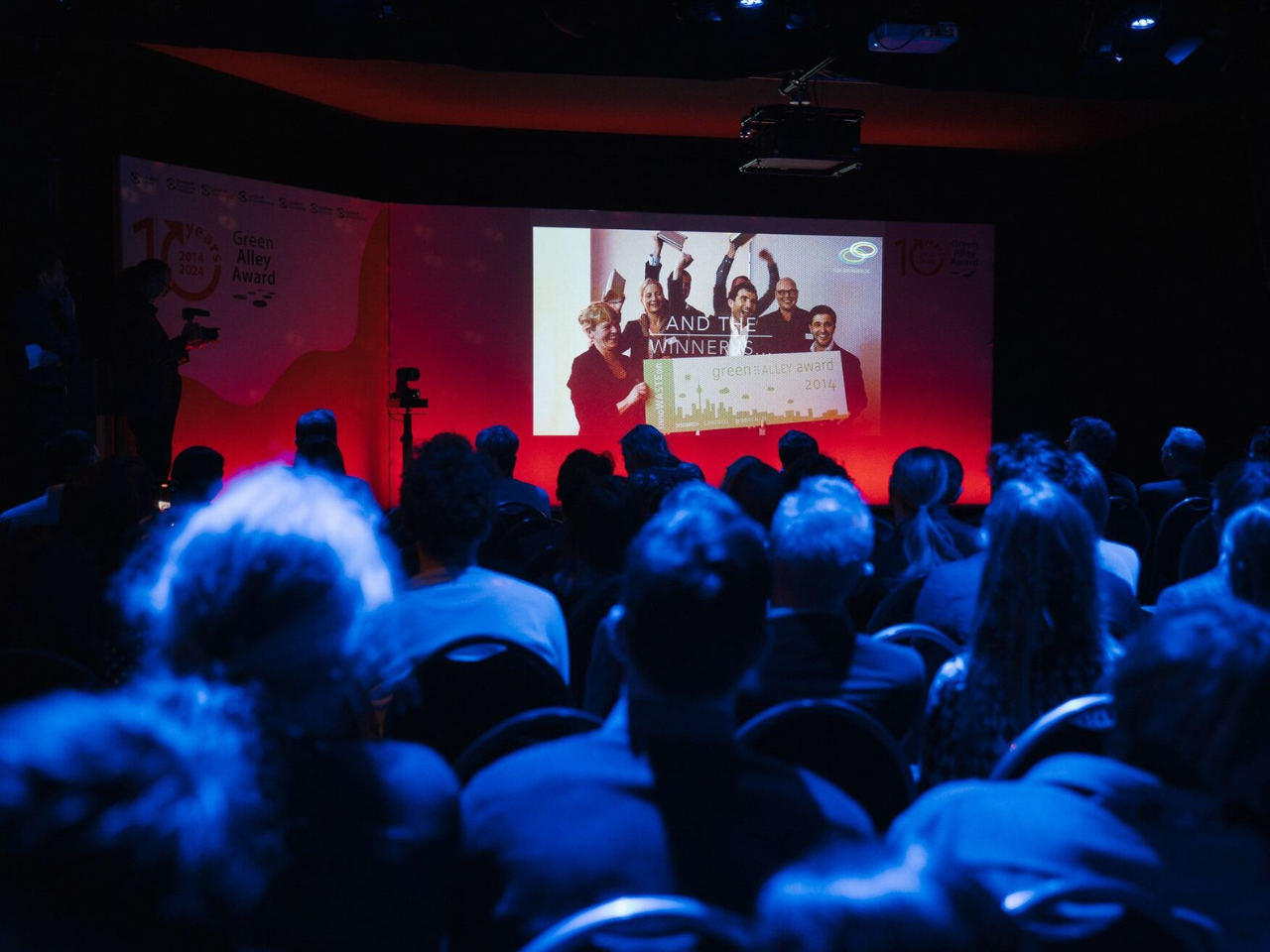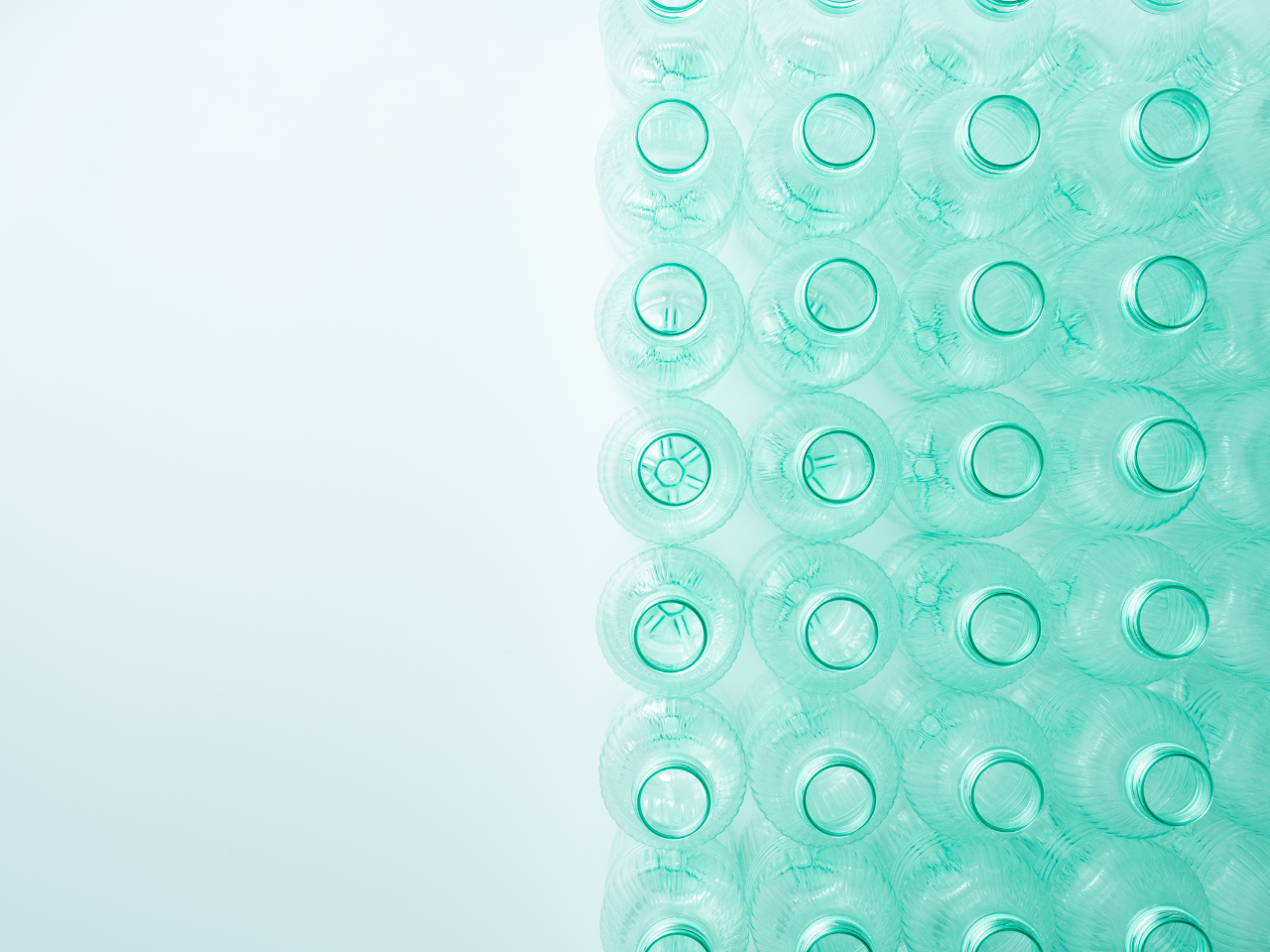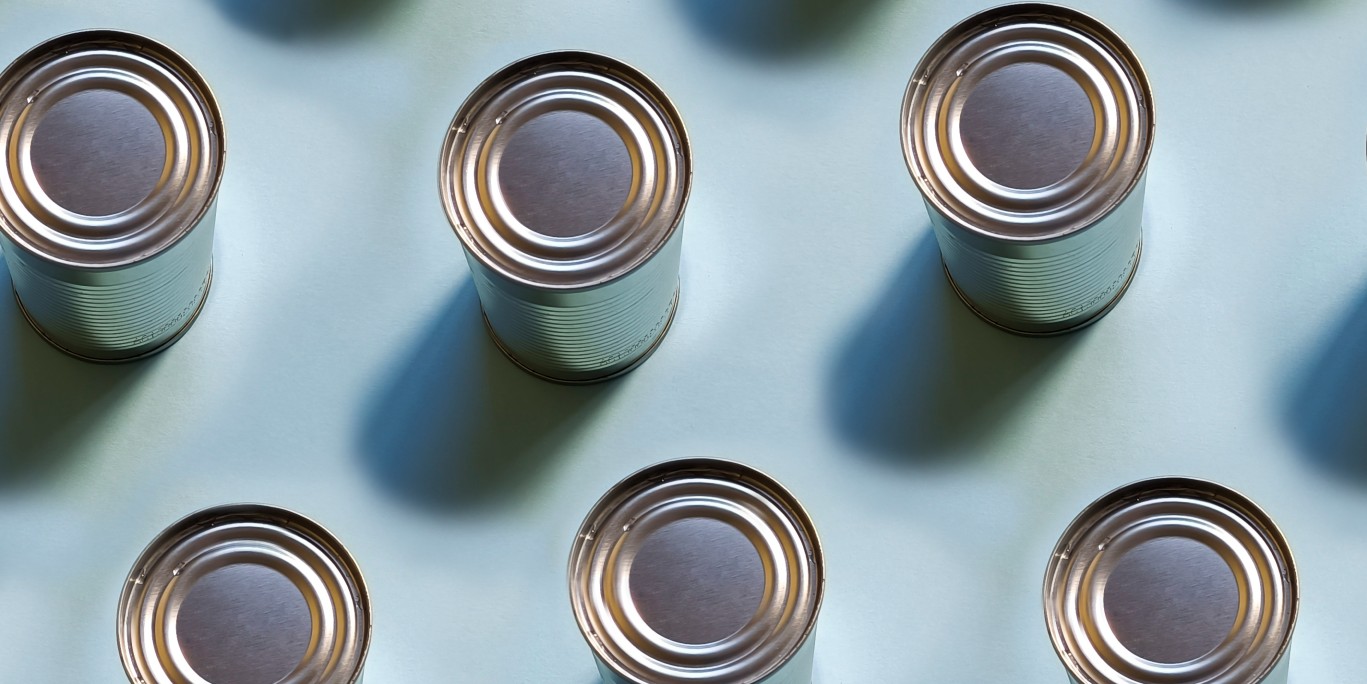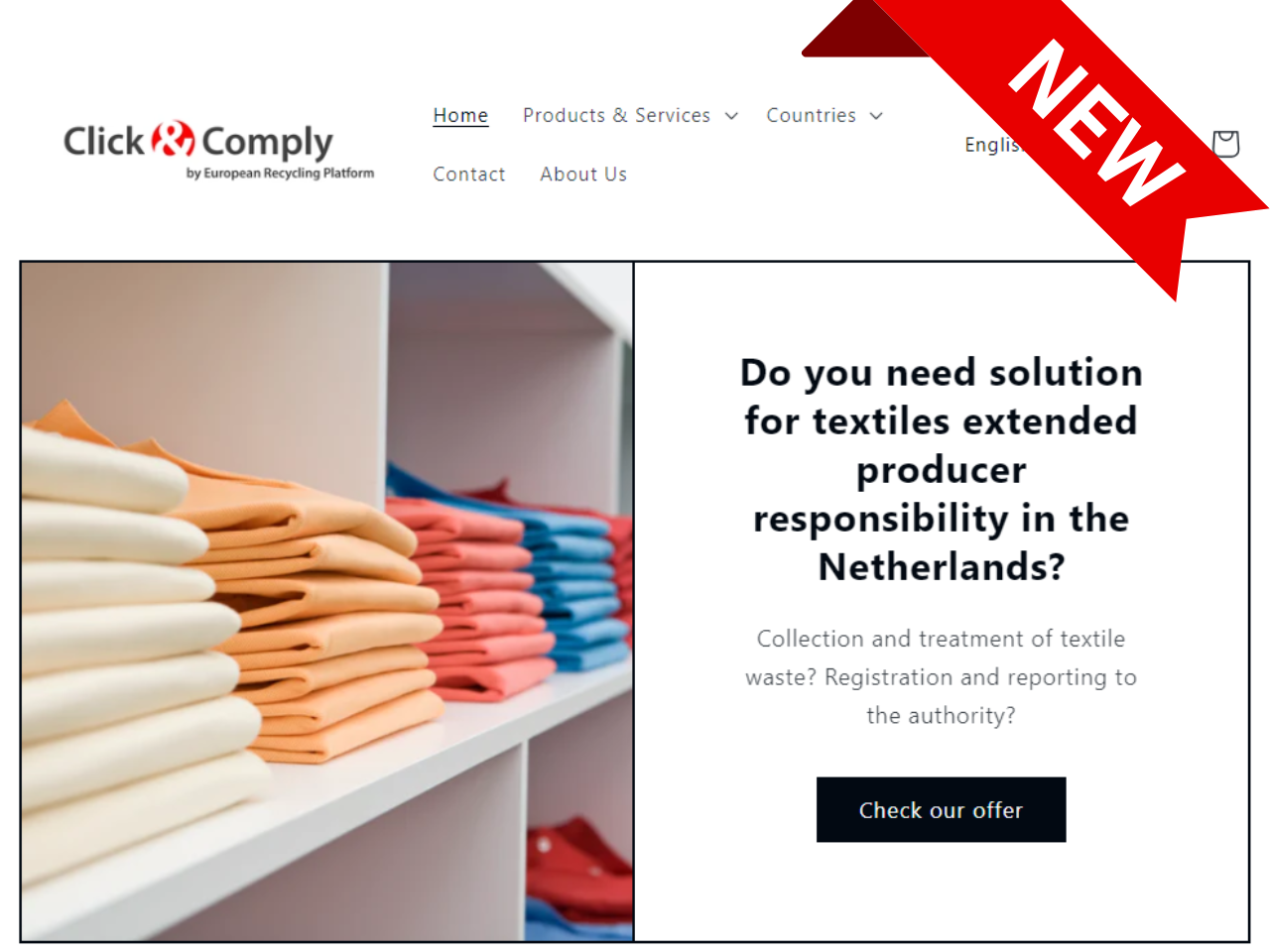What are the latest developments? We’ve picked out some highlights for February 2024:
Packaging Regulation: negotiations launched
Single-Use Plastics Directive: implementing Act for calculating recycled plastic content
Ecodesign Regulation: Council and Parliament find agreement
Plastic levy: introduction in Germany for companies
Packaging Regulation: negotiations launched
After the Council of the European Union adopted its position on the new packaging and packaging waste regulation (PPWR) just before Christmas, the inter-institutional negotiations between the Council, the European Parliament and the European Commission started on 10 January. The aim is to finalise the negotiations in time for the European elections in June.
The negotiating positions of the three institutions differ mainly on the following points:
- Packaging recyclability obligations
- Minimum recycled content requirements
- Reuse and refill targets
- Packaging waste reduction targets, and
- Labelling of packaging
However, there is alignment on issues such as the avoidance of lightweight plastic carrier bags, recycling targets and requirements for awareness raising campaigns.
Landbell Group company, European Recycling Platform will continuously monitor the developments and bring its positions based on its experience from operating multiple packaging schemes to the negotiations.
Single-Use Plastics Directive: implementing Act for calculating recycled plastic content
Following the Single-Use Plastics Directive (SUP) from 2019, the European Commission has presented an implementing decision that stipulates the calculation, verification and reporting of data on the recycled plastic content in single-use beverage bottles.
The aim of this legal act is to comply with the requirements of the SUP, which specifies that beverage bottles made of PET should consist of at least 25% recycled plastic.
For 2030, this recycled content is to be increased to 30%. These percentages are calculated as an average of all beverage bottles placed on the market in the respective member states.
The EU member states are therefore obliged to collect data on the weight of the plastic content of the beverage bottles placed on the market, and on the weight of the recycled plastic in the bottles of the market players.
The data collected on the weight of recycled plastic in beverage bottles is then calculated by multiplying the percentage of recycled plastic in each part of each bottle by its weight and adding up the results.
Moreover, by 31 March 2024, the Commission shall propose an amendment of this decision that establishes a methodology to calculate, verify and report on recycled plastic content in beverage bottles that considers recycled plastic resulting from additional types of recycling as defined in the EU Waste Framework Directive.
Ecodesign Regulation: Council and Parliament find agreement
The European Council and European Parliament have reached an agreement on the Ecodesign Regulation. The new regulation will replace the existing Ecodesign Directive from 2009 and extend the scope of the legislation.
The regulation will create a harmonised legal framework that sets requirements for certain product groups.
In the future, these product groups must not only be designed to be energy and resource efficient, but also fulfil criteria related to durability, reliability, reusability, retrofittability and reparability.
The agreement empowers the Commission to adopt specific ecodesign requirements for products and product groups by means of delegated acts.
Accordingly, the development of the dedicated requirements will be an ongoing process by the Commission. Once the delegated acts are adopted, industry and national administrations will have 18 months to implement these rules.
The regulation also introduces a direct ban on the destruction of textiles and footwear. This ban will be applicable two years after the entry into force of the regulation. Small and micro-enterprises are exempt from this ban, while medium size companies will benefit from a 6-year exemption.
The regulation will facilitate the movement of products within the EU internal market and create a more harmonised single market.
In addition, products will have to be equipped with a digital product passport containing information on their environmental sustainability. This should encourage buyers to make more conscious purchasing decisions.
The agreement must now be approved and formally adopted by both institutions.
Plastic levy: introduction in Germany for companies
Following the Federal Constitutional Court’s budget decision, the German government has made changes to the budget for the upcoming years. These changes also affect the circular economy: for example, through the plastic levy.
This levy relates to a charge that was introduced by the EU in 2021. However, while the EU requires member states to contribute to the EU budget with 80 cents for every kilogram of plastic packaging waste that is not recycled, the Germany levy (also called “plastic tax”) would require producers to contribute for the use of plastics in products from 1 January 2025. Other details are still not known.
In recent years, this levy has been paid directly from the German federal budget to the EU at an annual cost of around 1.4 billion euros. However, with the agreement reached by the German government’s coalition leaders, the EU plastic levy will no longer be financed by taxpayers’ money but will be passed on to the relevant manufacturers.
This goal was already set out in the coalition agreement and has been confirmed and implemented by the current budget debate.
The federal budget underwent final discussions in the German federal parliament, and the process was completed on 2 February.
With this new obligation, Germany follows Italy, Spain and the UK in introducing this type of charge for producers.
Sign up for our monthly
report COMPASS here:
Your email











